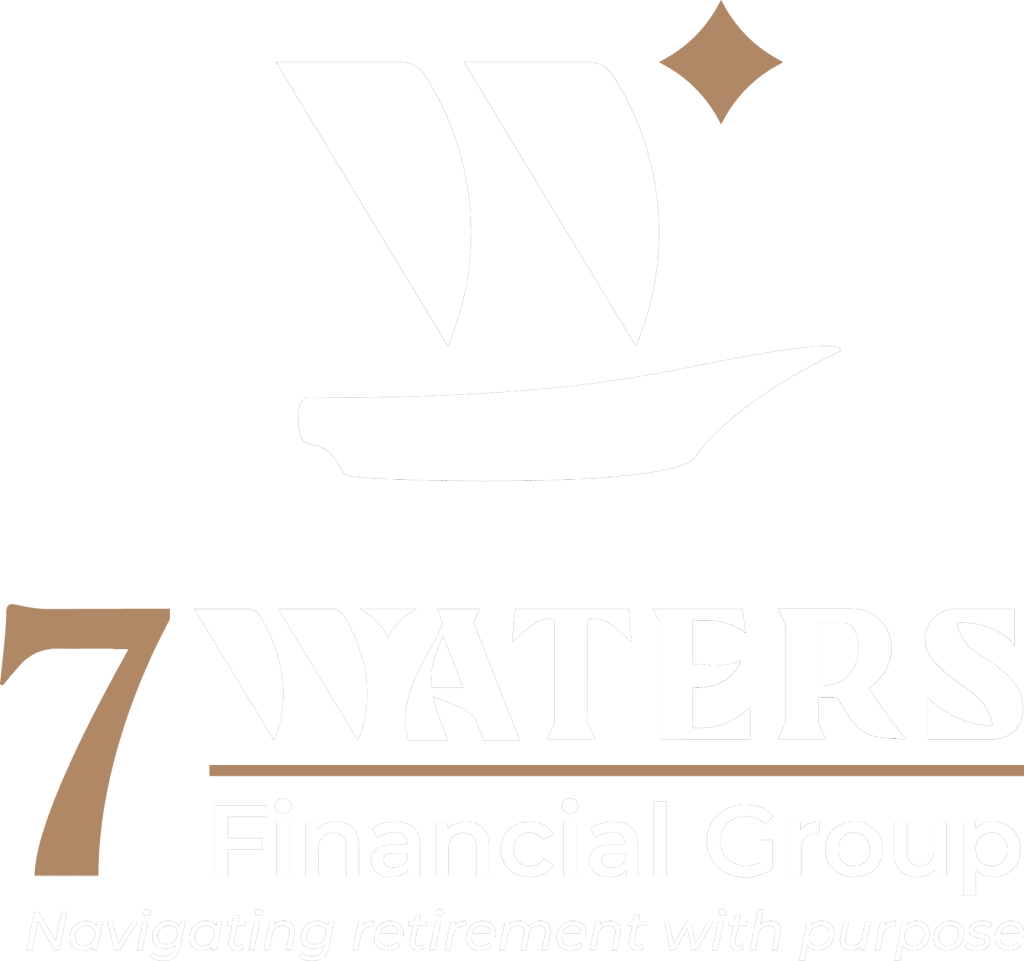You may have opened your credit card statement or a new card offer and nearly passed out when you saw how much credit card rates have risen. Over the past few years, credit card interest rates have seen a meteoric rise. In 2019, the average credit card APR was around 16.98%, but by the first quarter of 2024, it had increased to approximately 22.76%. There are many things that can contribute to rising interest rates on credit cards. Some are in your control, but most are not.
First, let’s talk about the prime rate. The prime rate is essentially the baseline interest rate banks use to set lending rates. Credit card companies take this rate and add a margin, which they determine based on your credit risk. That margin can be anywhere from 10% to 20% or more, depending on your creditworthiness.
Now, your credit score plays a major role here. If you’ve got a high score, lenders see you as less risky, so you’ll likely get a lower interest rate. But if your score is on the lower side, expect the opposite—a higher rate. Your score is essentially a reflection of how well you manage debt, and that’s what lenders use to figure out how much they’re going to charge you to borrow their money.
Other card holders may not be able to make payments. Due to the high inflation and other negative economic dynamics that we have been experiencing over the past several years, many people are having a hard time paying their bills, and are unable to make their credit card payments. These losses will be reflected in the overall rates offered by the company because they have to factor for the increased risk they are now taking and recover from the loss of payments.
You need to consider whether it’s a fixed or variable rate card. Fixed-rate cards tend to stay the same over time, but variable-rate cards fluctuate with changes in the prime rate. If the Federal Reserve hikes rates, you might see your interest rates jump, too.
Let’s talk about the type of card you have. Reward cards often come with higher interest rates because those perks—cash back, travel miles, points—aren’t free. Someone has to pay for them, and often it’s you in the form of a higher rate. That’s why your should pay off your balance each month so the rate won’t even matter.
So, whether you’re looking to get a new card or trying to figure out why your interest rate is what it is, remember these key elements: the prime rate, your credit score, the type of card, and whether it’s a fixed or variable rate. High credit card rates can make you pay 2 to 3 times as much for whatever you pay for with credit cards when you just pay the minimums. Schedule an appointment with one of the 7 Waters team members to help you work out a plan to eliminate this debt as soon as possible.
